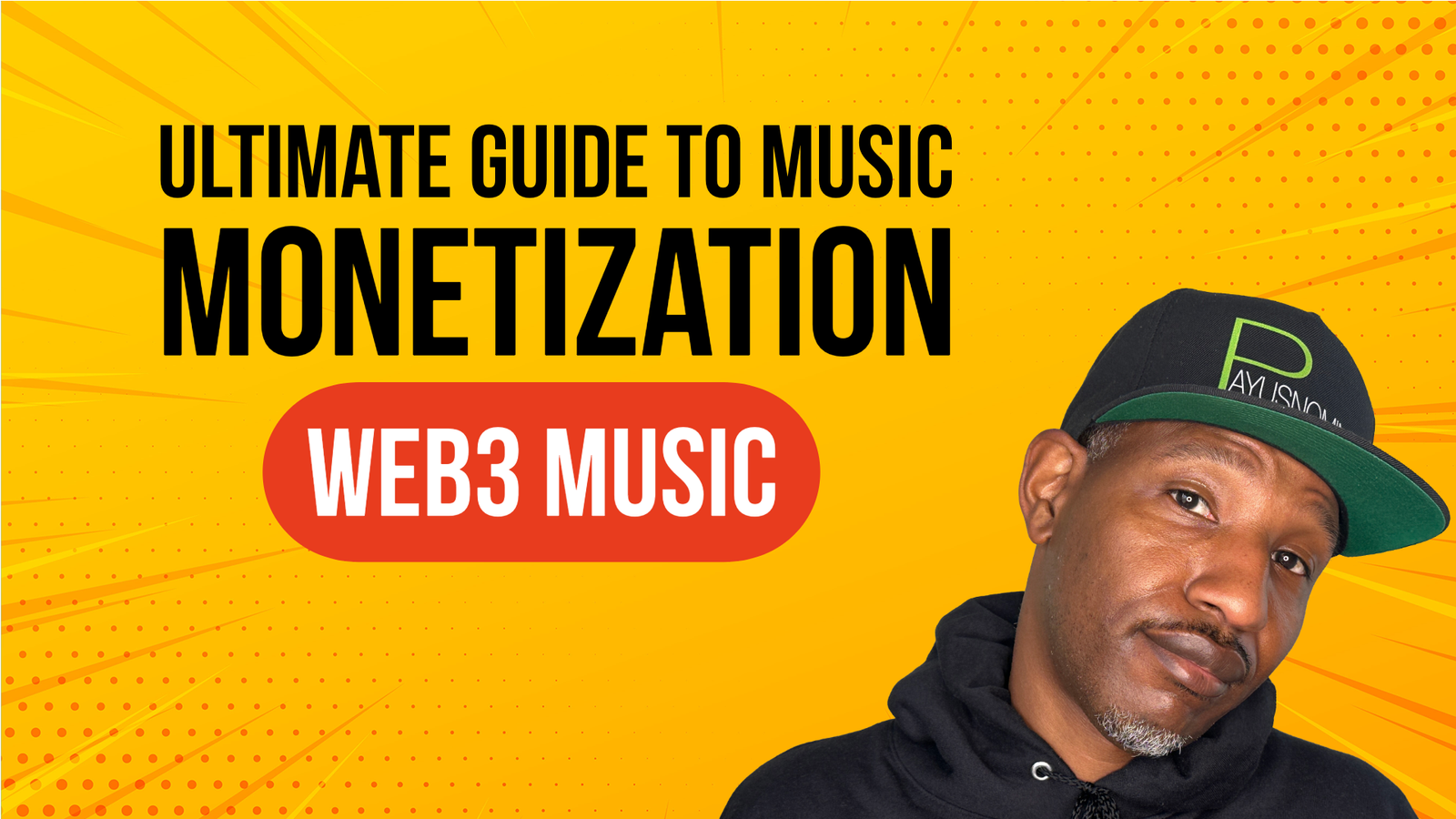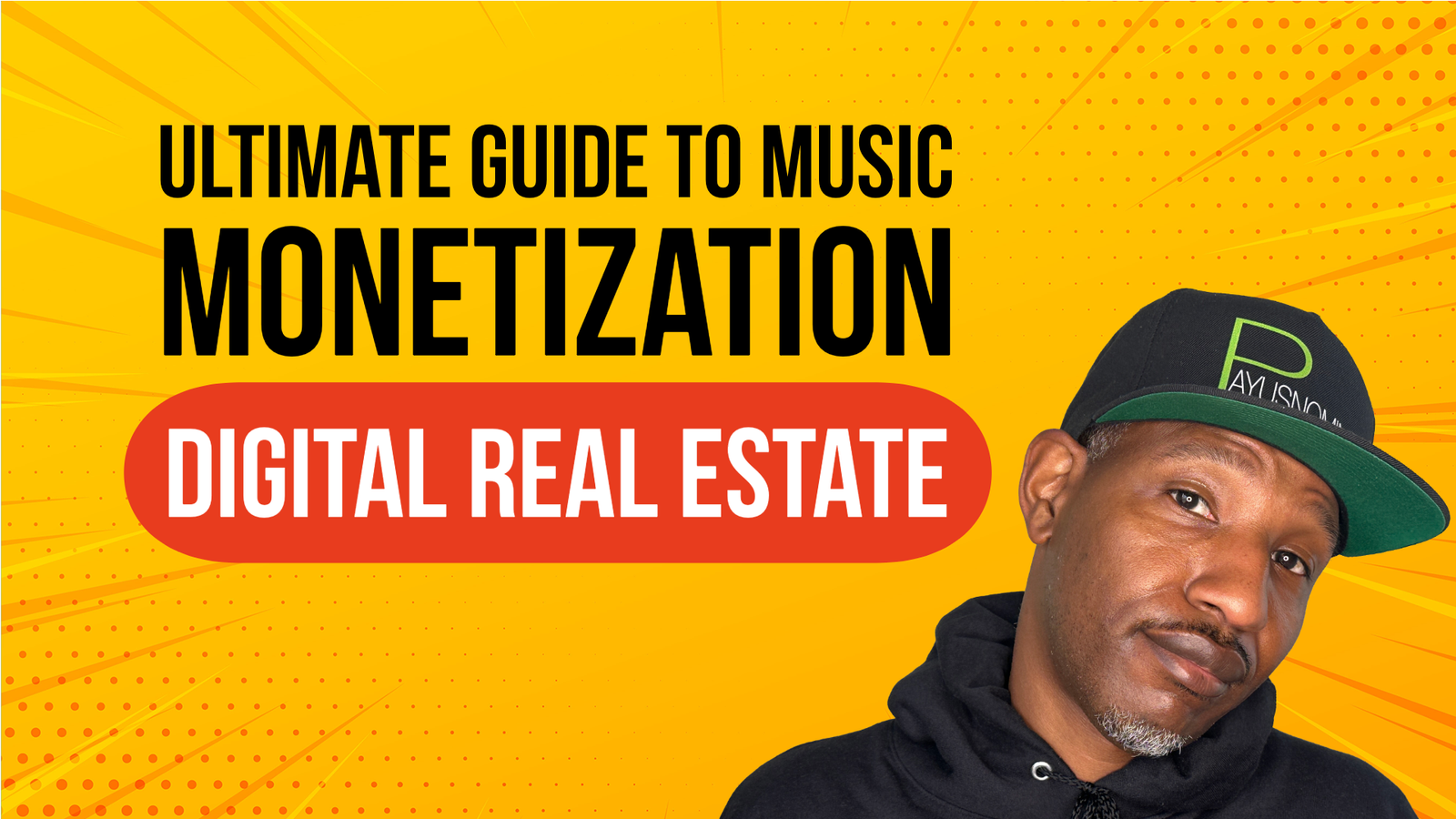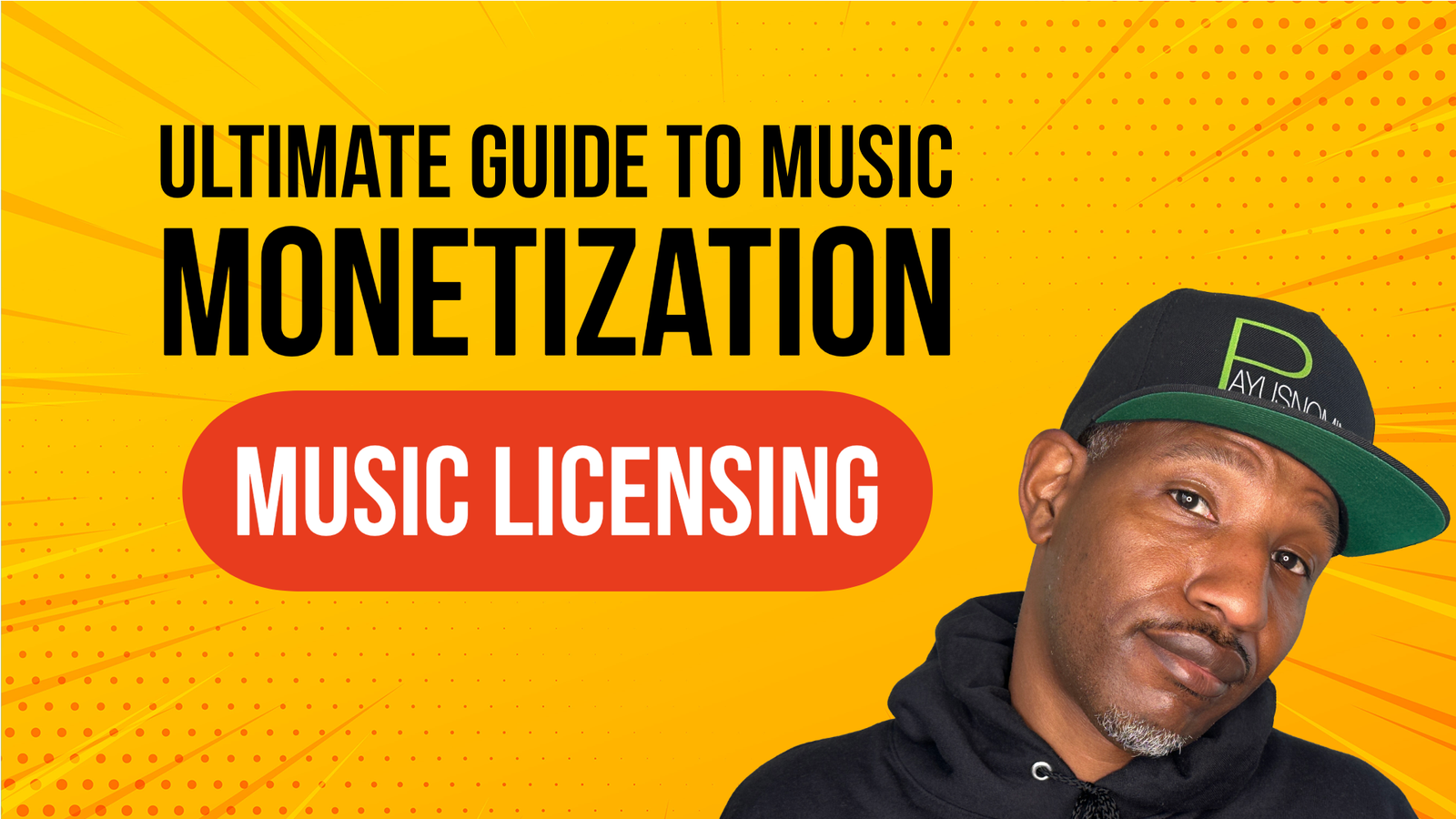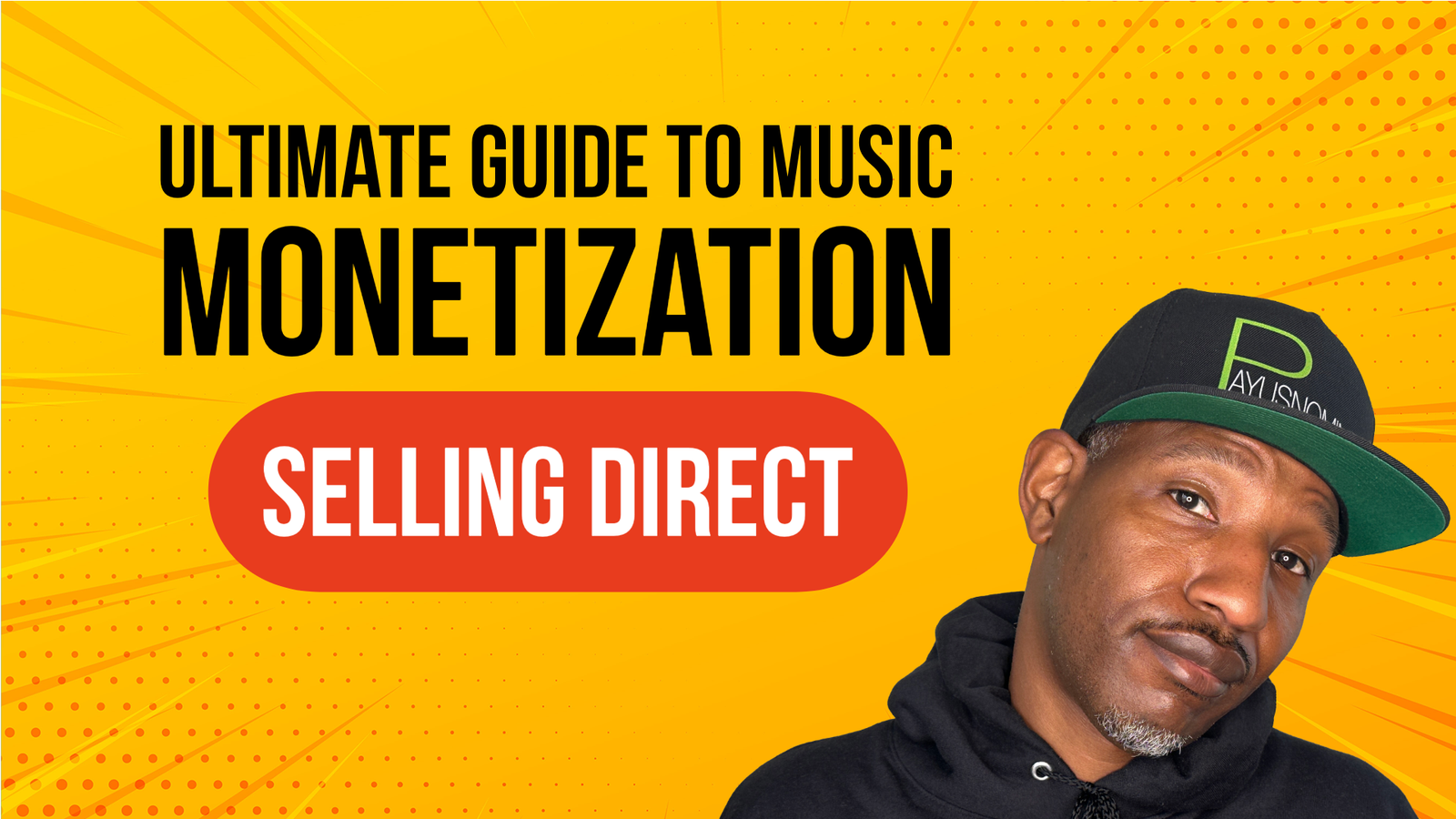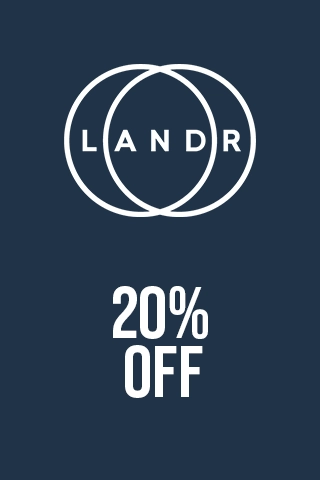Selling Music Royalties: Ultimate Guide to Music Monetization
Published on Sep 1, 2025
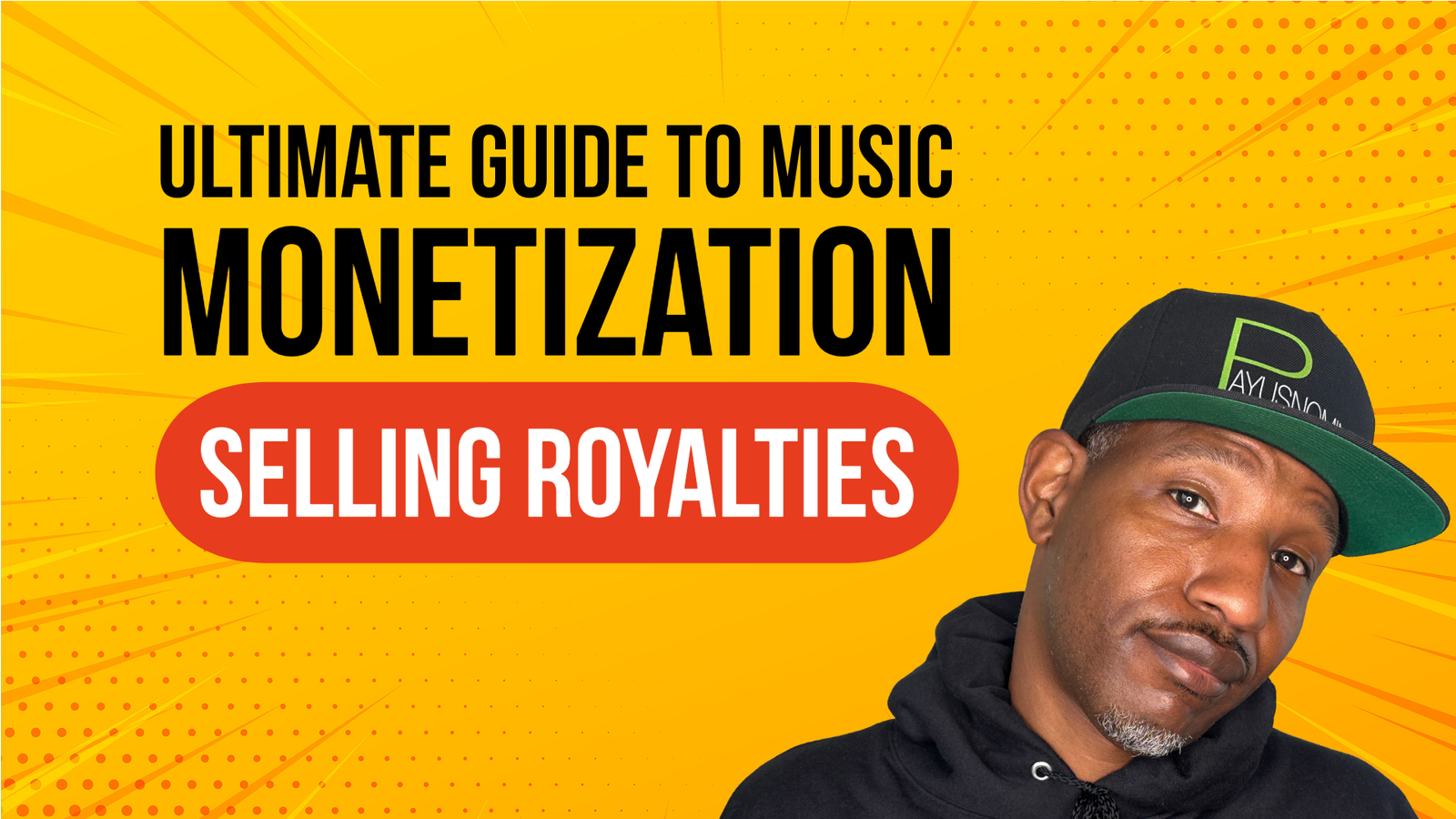
 Why Artists Quit Advertising Too Soon
Why Artists Quit Advertising Too Soon  #L&Light #opticalillusion #mindtricks #Trending #Shorts #IllusionArt #FYP
#L&Light #opticalillusion #mindtricks #Trending #Shorts #IllusionArt #FYP  July 17, 2025
July 17, 2025  Music Monetization: YouTube vs Spotify vs Beehiiv
Music Monetization: YouTube vs Spotify vs Beehiiv  Why I think the system was built for AI to thrive #indieartists #rap #timbaland #AI #AImusic
Why I think the system was built for AI to thrive #indieartists #rap #timbaland #AI #AImusic Advances: Monetizing the Monetization
There’s monetizing your music, and then there’s monetizing the money your music earns. In recent years, fintech platforms have introduced a new model of music financing: catalog advances. These aren’t payments for streams or licenses - they’re lump-sum payouts offered to independent artists based on their past royalty earnings. In short, you're borrowing against your future royalties.
These platforms provide calculators to estimate how much you might qualify for, often promoting the funds as a way to invest in your career, whether that means recording an album, funding a tour, or boosting your marketing.
But make no mistake: advances are not a new income stream. They are a financial tool that leverages an existing one. You don’t get an advance unless you’re already earning royalties. The amount you’re offered is based on your historic earnings, not your plans or budget.
The Illusion of Flexibility
It’s tempting to see advances as a quick fix or boost, but their limitations are often glossed over. For instance, you might only qualify for a $500 advance, hardly enough to fund an album or tour. Worse, because your future royalties are used to repay the advance, you’ll stop receiving your regular income stream until the full amount (plus fees) is recouped.
If you’re currently relying on your royalty checks to pay rent or bills, this creates a cash flow problem. Advances only make sense if your royalties are already disposable income - extra money you can afford to lose access to temporarily.
The True Cost of Advances
Advances come with fees that often rival high-interest loans. However, platforms avoid calling them "loans" to sidestep regulation and consumer hesitation. Instead, they use terms like recoupment rate to describe how they recover the funds.
Let’s break that down:
- A recoupment rate of 89% means that for every $1 your music earns, only $0.89 goes toward paying off your advance. The other $0.11 is essentially interest.
- That’s an 11% interest rate - but it doesn’t stop there. Some platforms also charge origination fees, often around 27% of the total amount.
- In practice, you could end up paying 38% interest or more.
Let’s say you accept a $500 advance:
- Add a 27% origination fee = $135
- Add 11% interest = $55
- Total cost = $690 paid back for $500 received
And if you recoup early? You don’t necessarily get your royalties back right away. Some platforms continue to collect their cut for the duration of your contract. If you recoup in 1 month but your term is 12 months, you may still lose a portion of your royalties for the remaining 11 months.
In one hypothetical case, an artist could repay $1,295 over a year on a $500 advance if their revenue suddenly spikes, more than 2.5x what they borrowed.
Case Study: BeatBread
BeatBread is one of the better-known companies offering catalog-based advances. Artists get paid upfront based on the past performance of their music, and BeatBread collects repayment by intercepting royalties from:
- Your music distributor (for streams and downloads)
- SoundExchange (for digital performance royalties)
You retain 100% of:
- Publishing royalties
- Direct-to-fan sales (e.g., vinyl or digital downloads via your website)
You also have the option to keep a small percentage of your streaming royalties during the contract term (e.g., 10%), but doing so reduces the size of your advance.
Example Offer from BeatBread:
- Advance: $1,000
- Term Length: 1 year
- Recoupment Rate: 89%
- Origination Fee: $278
- Advanced Interest Fee: 2.8%
- Total Payback: $1,416
- Total Fees: $416
This means you're paying 41.6% on a 12-month advance.
What Happens if You Recoup Early?
BeatBread doesn’t currently publish clear terms about early repayment. I recall seeing a previous version of their website where they stated that if you repaid the advance early, they would continue collecting your royalties but pay out at the recoupment rate. For example, 89% of your royalties would be paid out to you instead of going to recoupment, but BeatBread would continue to collect 11% for the full term of the agreement.
In practice, this acts like an early repayment penalty, similar to what you’d find in predatory loan contracts.
Selling Your Rights Instead
An alternative to taking an advance is to sell your rights outright - either a single song, a group of songs, or your entire catalog. This isn't a loan, so there’s no repayment, but you lose the ability to earn royalties from those works in the future.
These deals are priced based on expected earnings over 10 to 20 years. They often provide much larger payouts than an advance. That said, there’s a catch:
- You permanently give up your royalty stream (unless limited rights or buyback options are specified)
- While rights may legally revert to the creator after 35 years, many platforms get around this by purchasing royalty rights, not ownership of the master
These deals are more attractive to investors than to artists. Corporations have the resources and longevity to extract long-term value from your catalog, whether through sync placements, licensing to film studios, or creating platforms that don't pay royalties because they own the music. Spotify generated $17 billion in 2024, and 70% of it went to rights holders. Imagine if it got to keep it all because it owned the music.
Platforms That Buy or Fractionalize Music Rights
Sonomo
Sonomo is a music distribution and investment platform that allows artists to fractionalize ownership of their songs and sell shares on a marketplace. Like stock trading apps, Sonomo introduces speculation into the music space.
Pros:
- Artists can retain partial ownership and benefit from value spikes
- Shareholders have an incentive to promote your work
Cons:
- Highly vulnerable to manipulation (e.g., pump-and-dump schemes)
- Value can be driven by hype, not real revenue
- Not regulated like traditional securities
Opulous
Opulous is a crypto-based platform that combines advances, catalog sales, and music investments. Investors purchase $OPUL tokens, which grant entries into raffles for fractional ownership of songs.
Pros:
- Value is subjective; fans may pay based on emotion, not just ROI
- Ownership is traded as NFTs, not tied to revenue performance
Cons:
- Even more susceptible to manipulation
- Very limited financial transparency
- NFT resale value can be unpredictable and disconnected from earnings
Takeaway
Catalog advances and rights sales are powerful financial tools - but they’re not magic money. They come with strings attached, and artists should approach them with caution, especially if they depend on royalties for day-to-day living.
Used wisely, advances can unlock new creative opportunities. Used carelessly, they can trap artists in unfavorable financial cycles. Always read the fine print, calculate your true cost, and consider the long-term impact on your independence and income.
